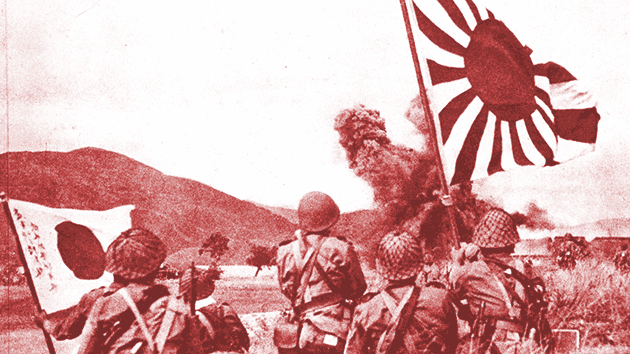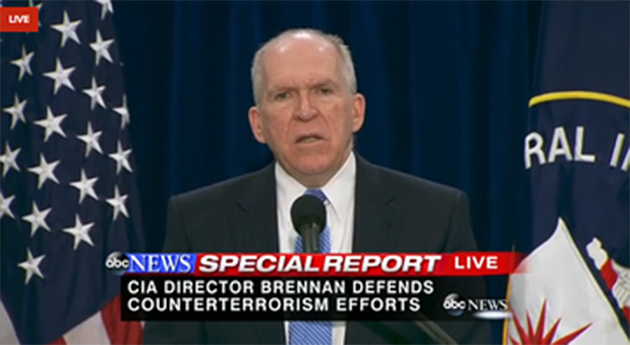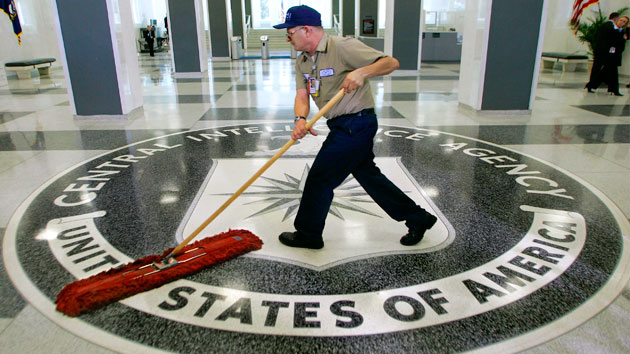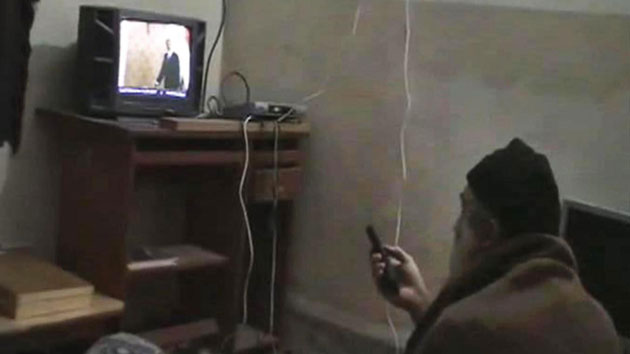
Japanese soldiers during the Battle of Bataan, 1945.KEYSTONE Pictures USA/ZUMAPRESS
Decades before it started waterboarding terrorism suspects, the US government had dramatically different standards for what it considered torture, particularly when it was being done to our soldiers in World War II. Recently released documents detail how the the United States charged hundreds of Japanese military officials and prison guards with war crimes for abuses against American prisoners of war, including waterboarding.
“What the US was calling torture, what it was prosecuting as war crimes [during World War II] were not even close to what has come out in the torture report,” says Shanti Sattler, assistant director at the War Crimes Project at the Center for International Studies and Diplomacy at SOAS, University of London, who fought to have the trove of documents made public.
The torture indictments are documented in the archives of the United Nations War Crimes Commission, which was created in 1943 to classify and identify Axis war crimes and to assist in the prosecution of war criminals. Unlike the Nuremburg and Tokyo Tribunals, which prosecuted major figures from Nazi Germany and Imperial Japan after the war, the UNWCC was set up to help investigate “minor criminals,” and did not have prosecutorial powers. In all, the UNWCC investigated more than 30,000 cases that lead to more than 2,000 criminal trials brought by its member states, including the United States. (The Nuremburg and Tokyo Tribunals collectively held 49 trials.)
Based on UNWCC’s work, the United States charged Japanese military officials for numerous war crimes, such as forcing prisoners to stand outside without meals, slapping prisoners, and subjecting prisoners to solitary confinement. While several articles have cited the Tokyo Tribunal’s classification of waterboarding as torture, the UNWCC documents shed more light on how the US government defined torture and pursued it as a violation of international law. “These actions were clearly labeled by the Washington War Crimes office as ‘ill-treatment’ and ‘torture,'” Sattler explains in an email.
Compiled below are excerpts from the United States’ cases against Japanese military officials and prison guards accused of torturing and abusing prisoners.
The UNWCC archive has multiple examples of the United States charging Japanese soldiers and prison guards with war crimes for waterboarding prisoners (often referred to as the “water cure” or the “water treatment”):
Some Japanese military officials were convicted of waterboarding:
In addition to waterboarding, the United States brought war crime charges against defendants for other offenses, including making prisoners stand in the sun without food or water:
Other charges included clubbing prisoners:
Kicking prisoners:
Slapping prisoners:
Whipping prisoners:
And subjecting prisoners to solitary confinement:
This is just a sampling of the charges brought against Japanese military officials and prison guards. The documents show that the United States’ definition of torture in World War II, when it was used by our enemies, was very different than the one the Central Intelligence Agency has been using since 9/11. “Today, nearly 70 years later, the concept of torture has become a debate in the United States,” says Sattler. “The United States must recognize the principles of international humanitarian law that we as a nation helped to develop.”
















